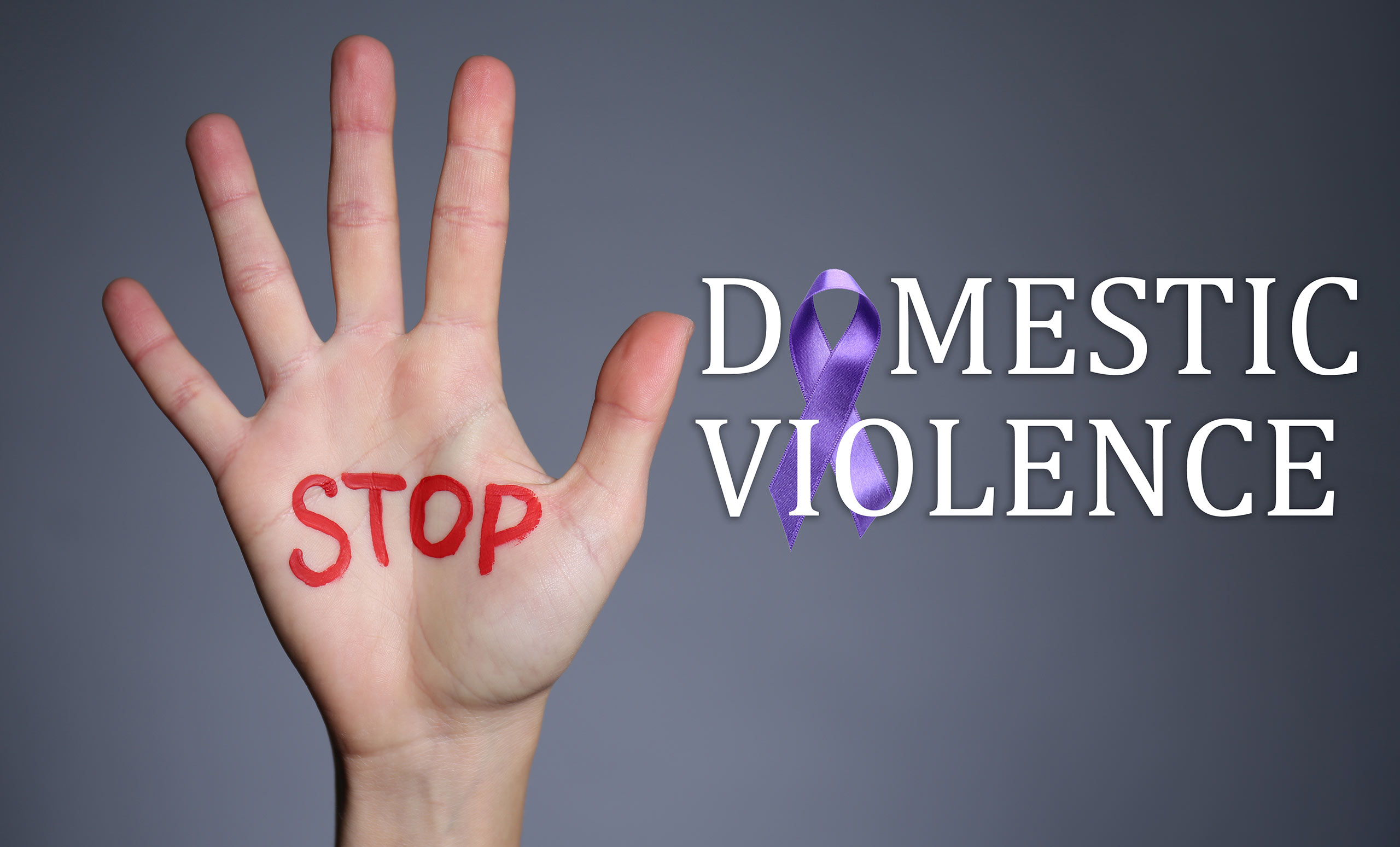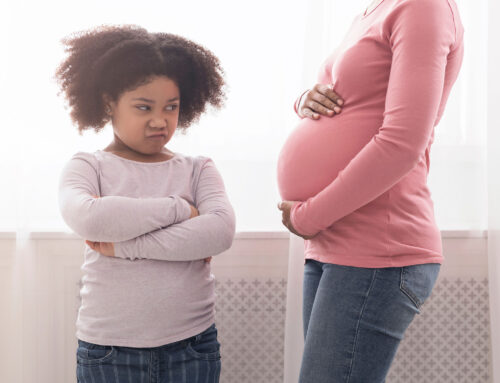Domestic violence is an issue that affects millions of individuals and families worldwide. It transcends all social, economic, and cultural boundaries, leaving victims with lasting emotional, physical, and psychological scars. At its core, domestic violence involves one person exerting power and control over another in a relationship, often through fear, intimidation, or violence. Whether it’s physical, emotional, sexual, or financial, domestic violence has far-reaching impacts, not only on the victims but also on families and communities.
In our mental health practice, we are committed to providing support, education, and healing to those affected by domestic violence. Understanding the dynamics of domestic violence and offering pathways to safety and recovery is crucial in breaking the cycle of abuse.
What is Domestic Violence?
Domestic violence is not limited to physical abuse—it can manifest in several forms, including:
These forms of abuse often occur in combination and escalate over time. Victims can become trapped in a cycle where they feel powerless, ashamed, or afraid to seek help.
The Cycle of Abuse
Many victims of domestic violence experience a cyclical pattern known as the “Cycle of Abuse,” which has three stages:
Understanding this cycle is important in recognizing that domestic violence often follows a predictable pattern, making early intervention critical.

The Impact of Domestic Violence on Mental Health
The psychological effects of domestic violence are profound and can persist long after the abuse has ended. Victims often struggle with:
As mental health professionals, it is essential to recognize these warning signs and offer victims a safe space to process their experiences while also connecting them to appropriate resources.
Breaking the Silence: The Importance of Support
One of the most significant barriers to escaping domestic violence is the shame and stigma that victims often feel. Many blame themselves for the abuse or fear they won’t be believed. This is why it’s vital for friends, family, and mental health professionals to offer non-judgmental support.
Key ways to support victims of domestic violence:
- 1Listen without judgment. Allow victims to share their stories without fear of blame or disbelief.
- 2Validate their feelings. Domestic violence is traumatizing, and it’s essential to acknowledge the emotions and experiences of victims without minimizing them.
- 3Help them develop a safety plan. This may include identifying safe places to go, securing important documents, or connecting them with shelters and legal resources.
- 4Encourage professional help. Therapy can help victims process their trauma, regain a sense of self-worth, and develop healthy coping strategies. Support groups can also offer a sense of community and understanding.

The Role of Therapy in Healing from Domestic Violence
Healing from the trauma of domestic violence is a complex process, but therapy plays a crucial role in recovery. Trauma-informed psychotherapy focuses on creating a safe, supportive environment where survivors can explore their experiences without fear of re-traumatization.
Some therapeutic approaches that are effective for survivors of domestic violence include:
Resources for Help
If you or someone you know is experiencing domestic violence, know that there is help available. National hotlines, local shelters, and mental health professionals are ready to provide the support needed to escape dangerous situations and start the healing process.
Conclusion: Moving Forward from Domestic Violence
Breaking free from domestic violence is a courageous step toward reclaiming one’s life. Recovery takes time, but with the right support, survivors can heal and rebuild their sense of safety, confidence, and self-worth.
Growth & Recovery Counseling is dedicated to supporting survivors of domestic violence through compassionate, trauma-informed care. If you or a loved one are struggling, reach out to us. Together, we can work toward healing and a future free from fear and abuse.





